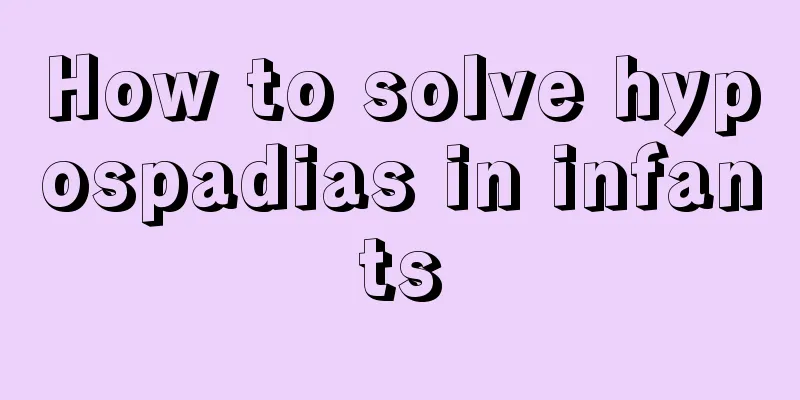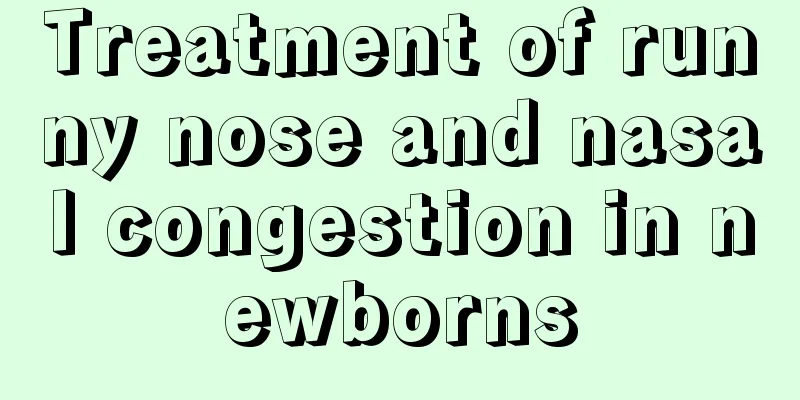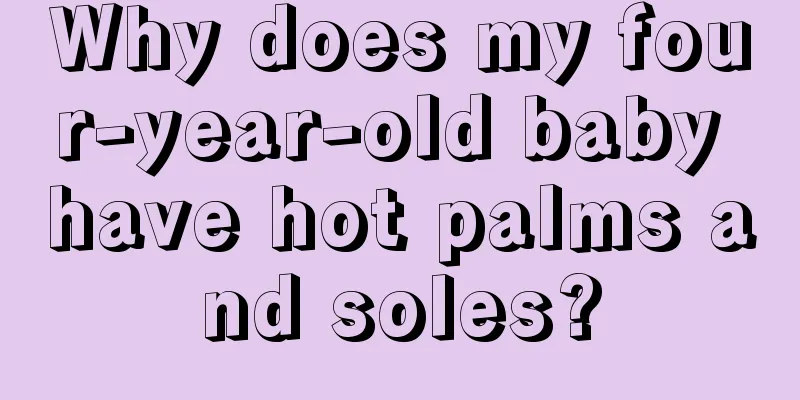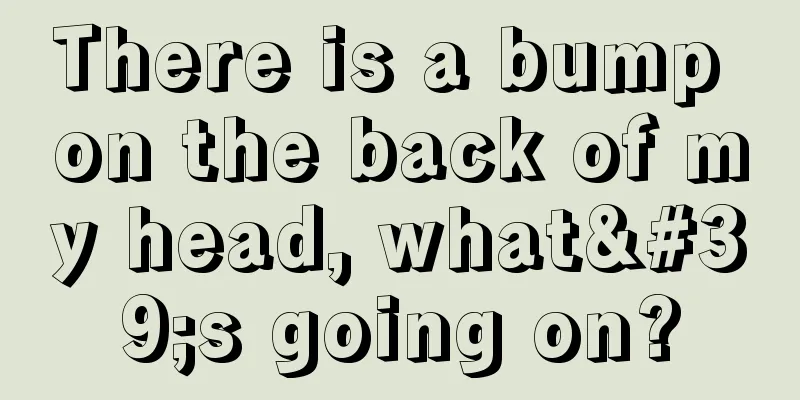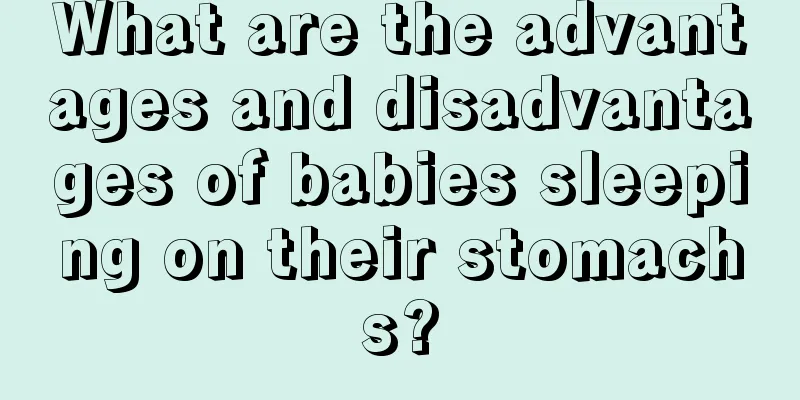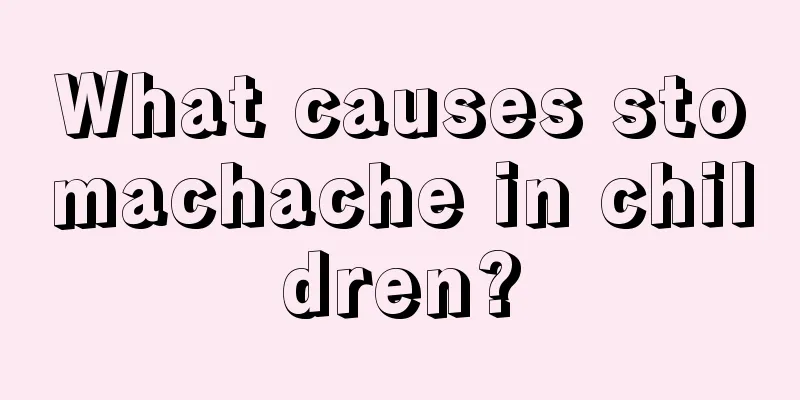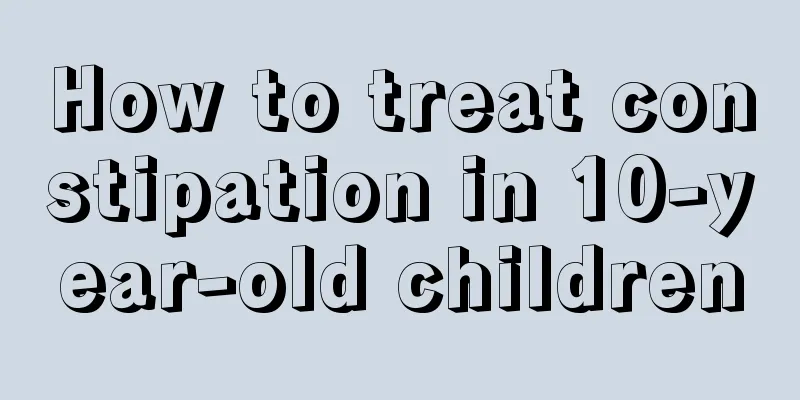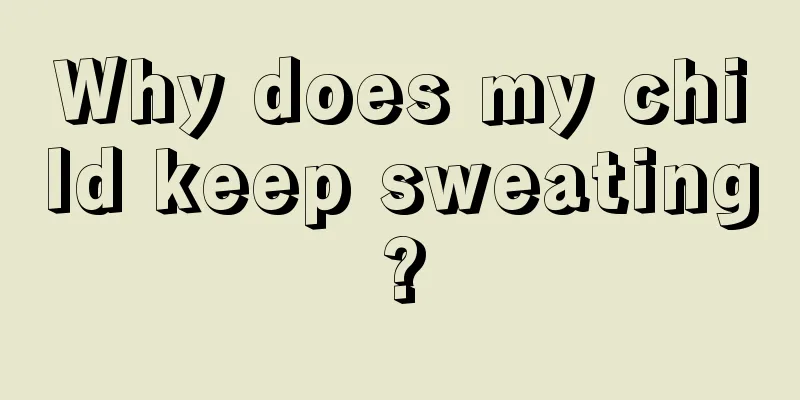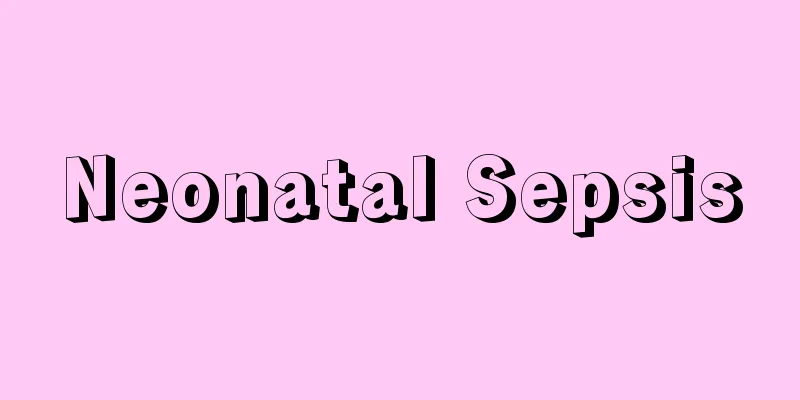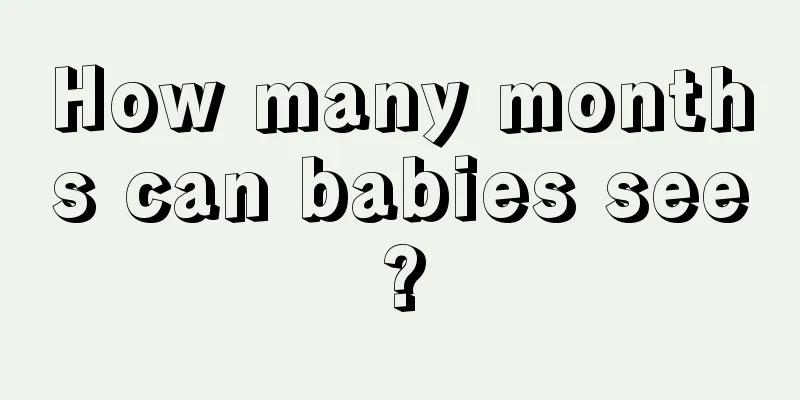Symptoms of febrile seizures in children
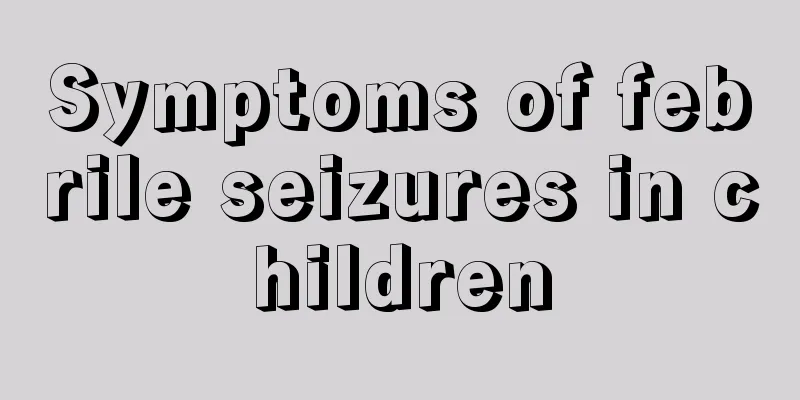
|
For parents, their children have just come into this world from their mother's womb, and their organs are not yet fully developed. Therefore, they lack the ability to resist bacterial invasion. The health of their children is often one of the things that parents worry about most. Many children have experienced febrile convulsions, and their ability to express themselves is insufficient, so parents need to always pay attention to their children's physical health, understand the symptoms of febrile convulsions, and then prescribe the right medicine. 1. Symptoms of high fever convulsions in children 1. Preeclampsia In a few cases of preeclampsia, there may be signs before the onset of an epileptic seizure, such as extreme irritability, tension, panic, and a sudden change in skin color; sudden rapid breathing, irregular breathing, or breathing pauses (attention should be paid to the condition of the newborn to avoid serious brain damage). 2. Impairment of consciousness In the early stages of a child's fever, the body temperature will rise suddenly because the child's brain is not yet fully developed, causing abnormal and over-excitement, paroxysmal or temporary brain dysfunction, often accompanied by impaired consciousness, as well as sensory and autonomic nervous system abnormalities and behavioral symptoms. 3. Typical manifestations Typical clinical manifestations are often indirect loss of consciousness or falls, temporary rigidity or spasm of involuntary convulsions of the limbs, trunk and facial skeletal muscles, uneven or intermittent breathing rhythm, accompanied by cyanosis, turning, staring or squinting, turning to one side, foaming at the mouth, opening the mouth, and muscle rigidity. The release will last for several seconds or minutes, most of which do not exceed 15 minutes. In severe cases, high fever convulsions continue to occur, and the fever continues for 30 minutes or recurs repeatedly. Consciousness cannot be restored between two intervals. This is called status convulsiveus and is a key manifestation of the disease. After the seizure stops, they fall asleep again, but most children wake up soon after a seizure. They were generally well and had no neurological symptoms. During unilateral or partial convulsions, Todd's palsy may occur, and the affected limb may become temporarily weak after the convulsion stops, but may return to normal within 24 hours. 2. First aid for febrile convulsions in children 1. The child's side or head is tilted to one side. Then, lift the child's head slightly, lie prone, with the chin slightly forward, without a pillow; or use a pillow to place the child on his back with the head slightly tilted. Do not give the child medicine (anti-suffocation) when he has a convulsion. 2. Keep breathing smooth, loosen your collar as much as possible, and wrap the spatula or chopsticks between the upper and lower molars with a soft cloth or handkerchief to prevent tongue biting. At the same time, use a handkerchief or gauze to clear the secretions from the child's mouth and nose. |
<<: What are the symptoms of uremia in children?
>>: Can a 1-year-old baby eat honey?
Recommend
Symptoms and treatment of colic in children_Treatment of colic in newborns
Because children have relatively low resistance, ...
What should I do if my two-year-old baby has eczema on his back?
There are many causes of eczema, and especially w...
Can a five-year-old child recover from myopia?
Maybe everyone knows this when they pick up their...
Can flat warts be passed on to babies?
Flat warts are a skin disease caused by a virus. ...
What is the order of teeth growth in children?
When children are teething, there are many issues...
Ten-month-old baby walks with crooked feet
When the baby is ten months old, he can stand on ...
Cultivation of children's behavioral habits
We all know that early childhood is the initial s...
What to do if your baby's gums are red and swollen
When the baby feels unwell, he will always cry. S...
What is kidney disease in children? These may be the reasons!
If a child suffers from kidney disease, on the on...
What to do if your child has a dislocated hip
We all know that every child is naturally active....
What medicine should children take for mumps
Since children's immunity is much lower than ...
Why does a one and a half year old baby cry when sleeping at night?
Many parents are annoyed when their babies cry fr...
Does childhood tooth decay need treatment?
For families with young children, parents should ...
Nursing care for newborns with cold
In fact, newborns have not yet fully adapted to t...
There is a red spot on the back of the newborn's head
For newborns, many mothers will carefully observe...
